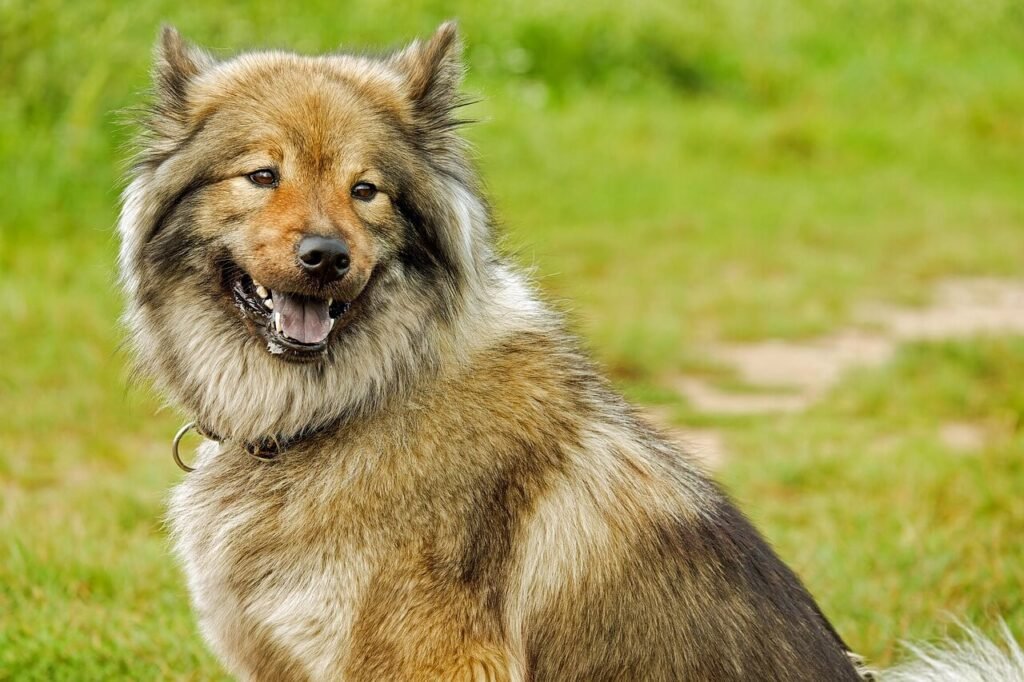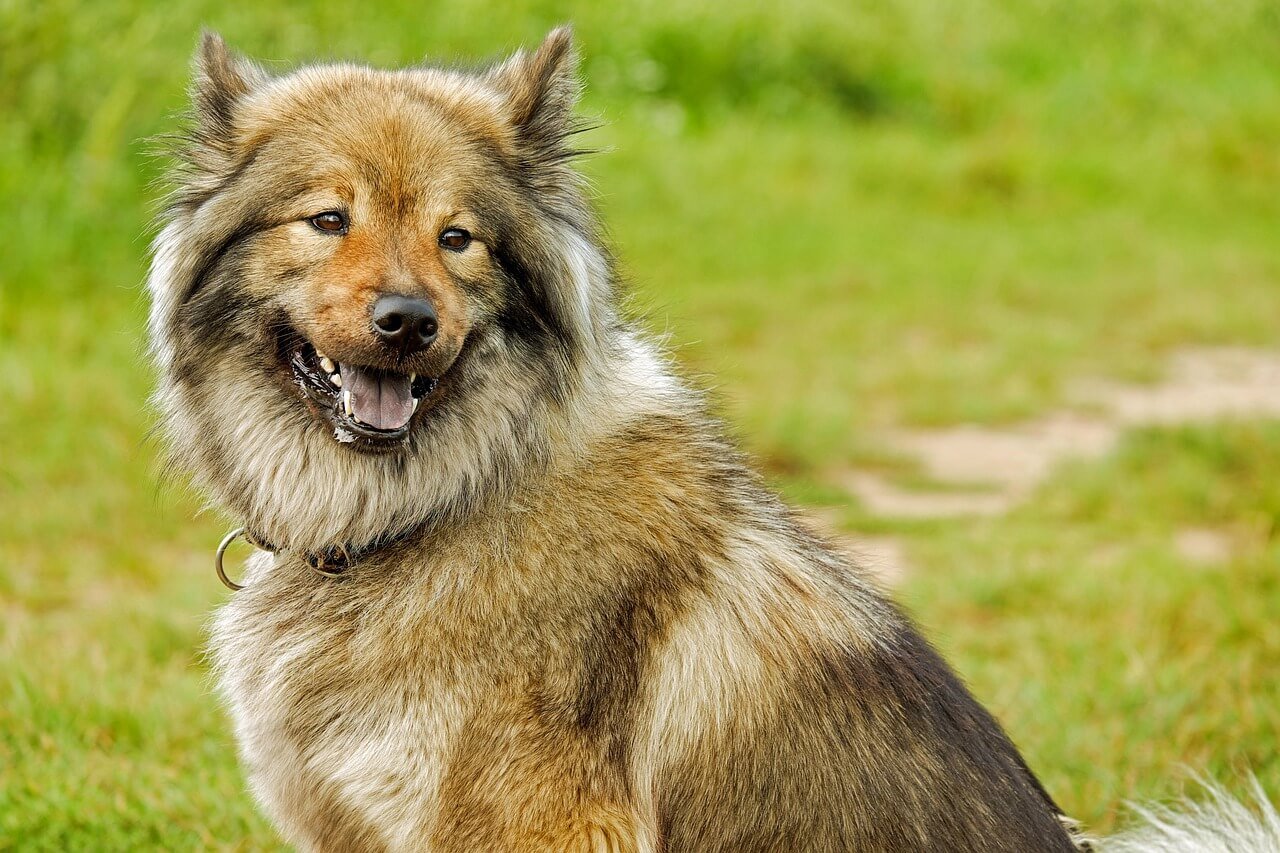Worst Dog Breeds for Cats
Bringing a dog into a home with cats can be a rewarding experience, but not all dog breeds are naturally inclined to get along with feline companions. While some dogs have gentle temperaments and coexist peacefully with cats, others may see them as prey or struggle to control their instincts. Understanding which dog breeds might pose challenges in a multi-pet household is essential for ensuring harmony between your furry friends. In this blog post, we’ll explore the worst dog breeds for cats, examine why certain traits make them less compatible, and provide tips for fostering a peaceful relationship if you decide to take the leap.
Dog Breeds Known for High Prey Drives
Certain dog breeds are notorious for their strong prey drives, which can make them incompatible with cats. These instincts often lead to chasing or aggressive behavior, posing risks to feline family members.
Greyhound:
Bred for speed and hunting, Greyhounds have an innate desire to chase small, fast-moving animals like cats. Without proper training, they may view cats as prey.Jack Russell Terrier:
This energetic breed was originally bred to hunt foxes and other small animals, making them prone to chasing and nipping at cats.Siberian Husky:
Huskies are independent thinkers with high energy levels and a strong prey drive, which can lead to dangerous situations with cats if not managed carefully.Basenji:
Known as the “barkless dog,” Basenjis are sighthounds with a natural instinct to chase anything that moves quickly, including cats.Australian Cattle Dog:
This working breed has high energy and a strong herding instinct, which can translate into unwanted behaviors like nipping or chasing cats.
If you own a cat and are considering one of these breeds, it’s crucial to invest time in training and supervision to prevent conflicts.

Breeds with Dominant or Aggressive Tendencies
Some dog breeds are known for their dominant personalities or protective instincts, which can create tension in households with cats. These traits may lead to territorial behavior or aggression toward smaller animals.
Pit Bull Terrier:
While Pit Bulls can be loving and loyal, their strong personalities and potential for aggression require careful management around cats.Rottweiler:
Rottweilers are powerful and protective, often displaying dominance that can intimidate or harm cats if not properly socialized.Chow Chow:
This breed is known for its aloof and independent nature, which can sometimes manifest as aggression toward other pets, including cats.Akita:
Akitas are fiercely loyal and territorial, often showing little tolerance for other animals in their space.Doberman Pinscher:
With their protective instincts and high intelligence, Dobermans may perceive cats as threats unless trained otherwise.
These breeds require experienced owners who can provide consistent training and structure to minimize risks.
Check this guide 👉Dog vs Cat Allergies: Best 7 Expert Tips!
Check this guide 👉Cat IQ vs Dog IQ: Best 7 Expert Tips!
Check this guide 👉Cat Food vs Dog Food: Best 7 Expert Tips!
Breeds with High Prey Drives | Breeds with Dominant Tendencies |
|---|---|
Greyhound | Pit Bull Terrier |
Jack Russell Terrier | Rottweiler |
Siberian Husky | Chow Chow |
Basenji | Akita |
Australian Cattle Dog | Doberman Pinscher |
Signs Your Dog May Not Be Cat-Friendly
Even within breeds known for compatibility issues, individual dogs may vary in their behavior. However, certain signs indicate that a dog might not be well-suited for living with cats.
Excessive Chasing Behavior:
If your dog obsessively chases moving objects or animals, they may struggle to coexist peacefully with cats.Growling or Snarling at Other Pets:
Aggressive vocalizations toward other animals can signal territoriality or dominance issues.Difficulty Calming Down:
Dogs that remain hyperactive or overly excited in the presence of small animals may not respect boundaries.Ignoring Commands Around Cats:
A lack of obedience or focus when cats are nearby suggests poor impulse control.Staring Intently at Cats:
Fixated staring is often a precursor to chasing or lunging behavior, indicating a strong prey drive.
Recognizing these warning signs early allows you to address potential problems before they escalate.
Tips for Introducing Dogs and Cats Safely
Introducing a dog to a cat requires patience and preparation, especially if the dog belongs to a breed known for compatibility challenges. Follow these tips to ensure a smooth transition.
Start with Controlled Meetings:
Keep the dog on a leash during initial introductions to prevent sudden movements or chasing.Create Safe Spaces for Your Cat:
Provide elevated perches or rooms where your cat can retreat if they feel threatened.Reward Calm Behavior:
Use treats and praise to reinforce positive interactions between your dog and cat.Supervise All Interactions Initially:
Never leave a dog and cat unsupervised until you’re confident in their ability to coexist peacefully.Consult a Professional Trainer:
If you’re unsure how to manage the introduction process, seek guidance from a professional trainer experienced in multi-pet households.
With careful planning and consistency, even challenging pairings can develop into harmonious relationships.
Factors That Influence Compatibility
Several factors beyond breed can influence whether a dog will get along with cats. Understanding these variables helps predict potential challenges and plan accordingly.
Early Socialization:
Dogs exposed to cats during puppyhood are more likely to view them as part of their pack rather than prey.Energy Levels:
High-energy dogs may overwhelm cats, while calmer dogs are often better suited for multi-pet homes.Training Background:
Well-trained dogs with strong obedience skills are less likely to act on instinctual behaviors like chasing.Size Differences:
Large dogs may unintentionally injure smaller cats during play, requiring close supervision.Personality Match:
Some dogs and cats simply click, regardless of breed stereotypes, highlighting the importance of individual chemistry.
Considering these factors ensures a holistic approach to fostering compatibility between species.
Breeds Known for Being Cat-Friendly
Not all dog breeds struggle with cats—some are naturally inclined to form close bonds with feline companions. These breeds serve as excellent choices for multi-pet households.
Golden Retriever:
Known for their friendly and gentle nature, Golden Retrievers often accept cats as part of the family without issue.Labrador Retriever:
Labs are playful yet patient, making them great companions for cats who enjoy interactive play.Bichon Frise:
This small, affectionate breed thrives in homes with other pets and rarely displays aggression.Shih Tzu:
Shih Tzus are laid-back and adaptable, often forming strong bonds with cats due to their non-threatening demeanor.Beagle:
Though scent-driven, Beagles tend to be curious rather than aggressive, allowing for peaceful coexistence with cats.
Choosing a cat-friendly breed increases the likelihood of a harmonious household.
Managing Multi-Pet Dynamics Over Time
Living with both dogs and cats requires ongoing effort to maintain harmony. Even after successful introductions, continued management ensures long-term peace.
Monitor Play Interactions:
Ensure play remains gentle and doesn’t escalate into roughhousing, which could stress or injure either animal.Provide Separate Resources:
Offer separate food bowls, water dishes, and sleeping areas to reduce competition and territorial disputes.Maintain Routine Training:
Regular training sessions reinforce good behavior and remind your dog to respect boundaries with your cat.Watch for Stress Signals:
Look for signs of anxiety or discomfort in both pets, such as hiding or excessive grooming, and address issues promptly.Celebrate Small Wins:
Acknowledge progress, no matter how minor, to stay motivated and encourage further bonding.
By staying attentive to your pets’ needs, you can nurture a lasting friendship between your dog and cat.
FAQ
Are there any dog breeds that are guaranteed to get along with cats?
No breed is guaranteed to get along with cats, but some, like Golden Retrievers and Basset Hounds, are generally more cat-friendly due to their calm and gentle nature.
Can training help reduce a dog’s prey drive?
Yes, training and socialization can help, but it may not completely eliminate a dog’s natural instincts.
What should I do if my dog chases my cat?
Redirect the dog’s attention with toys or treats, and reward calm behavior around the cat to reinforce positive interactions.
Is it safe to leave dogs and cats alone together?
It depends on the individual pets. Always supervise interactions until you’re confident they can coexist peacefully.
How long does it take for a dog and cat to bond?
Bonding times vary, but it can take weeks or months of gradual introductions and supervised interactions.
Finding Harmony Between Dogs and Cats
While some dog breeds present more challenges than others when it comes to living with cats, success ultimately depends on individual personalities, training, and management. By understanding the traits that make certain breeds less compatible and taking proactive steps to foster positive interactions, you can create a peaceful environment for all your pets. Remember, patience and consistency are key—building trust takes time, but the rewards of a harmonious multi-pet household are well worth the effort.
Do Cats Have Taste Buds? Best 7 Expert Tips! – Discover how cats experience flavors and why their taste is so unique.
Do Dogs Have Taste Buds? Best 7 Expert Tips! – Discover how dogs experience taste, their preferences, and what it means for their diet and health.
Can Cats Taste Sweet? Best 7 Expert Tips! – Discover why cats can’t taste sweetness, how it affects their diet, and tips to keep them healthy and happy.
Can Dogs Taste Sweet? Best 7 Expert Tips! – Discover how dogs perceive sweetness, which foods are safe, and tips to manage their sweet cravings responsibly.





